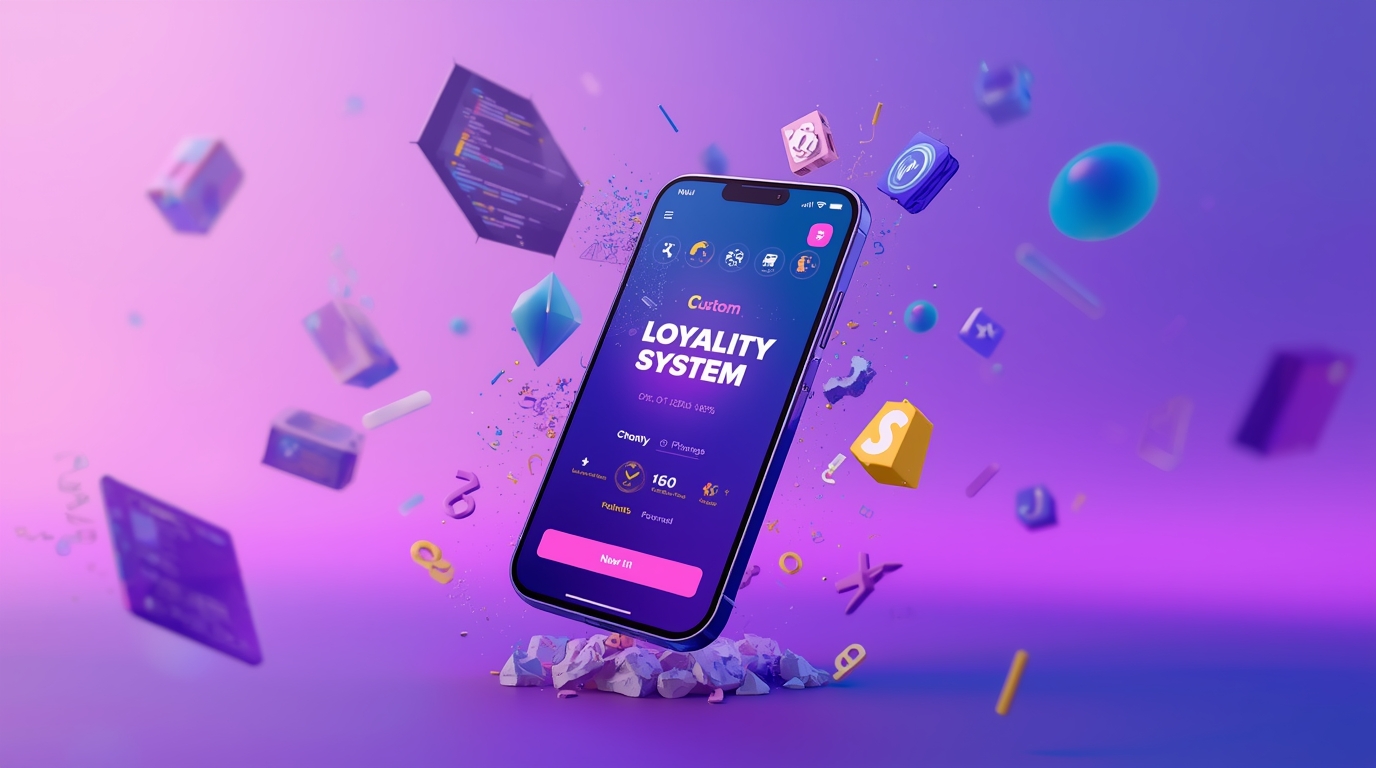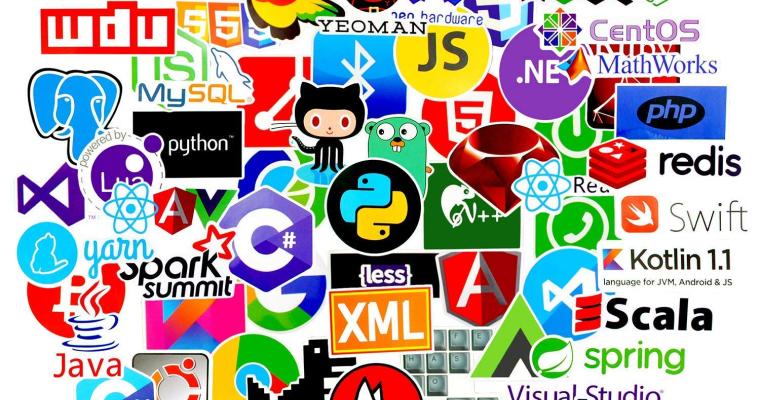Picture this: a player logs into your online casino, excited to try new games. They scroll through the lobby and see the same tired slots they’ve played everywhere else. Within minutes, they’re gone—probably to a competitor with better variety. This scenario plays out thousands of times daily across the iGaming industry.
The truth is simple: your igaming game provider directly impacts player retention. When you offer diverse, high-quality content from top casino software providers, players stay longer, play more, and return frequently. But here’s the catch—it’s not just about having great games. It’s about how those games integrate into your platform.
Remote gaming integration has become the backbone of modern online casinos. Instead of hosting games on your own servers (expensive, complex, and risky), you connect to providers through their Remote Gaming Server (RGS). This means games run on the provider’s infrastructure while appearing seamlessly in your casino lobby. It’s like having a world-class restaurant kitchen without actually building one.

For casino operators, especially those running white label game solutions, choosing the right casino content providers with solid remote game API capabilities isn’t optional—it’s essential. The best multi-provider integration setups can offer players hundreds or even thousands of games from various igaming software vendors, all running smoothly through a single game aggregation platform.
This article breaks down everything you need to know: which providers to consider, how remote integration actually works, and what trends are shaping the future of gambling content management. Whether you’re launching a new casino or expanding your existing game library, understanding these fundamentals will save you time, money, and countless headaches.
What to Look for When Choosing iGaming Providers
Not all slot and table game suppliers are created equal. Some excel at slots, others dominate live dealer games, and a few offer everything in between. But beyond game quality, there are technical and business factors that separate great providers from mediocre ones.
Core Features That Matter
![]()
API Quality and Compatibility: The provider API compatibility determines how smoothly games integrate into your platform. Top-tier igaming API integration solutions offer RESTful APIs with clear documentation, webhook support for real-time updates, and SDKs in multiple programming languages. Poor API design leads to integration delays, bugs, and frustrated developers.
Mobile Optimization: Over 60% of online gambling happens on mobile devices. Your provider must offer HTML5 games that work flawlessly across iOS, Android, and tablets. Flash-based games are dead—if a provider still relies on them, run away.
Licensing and Compliance: Ensure your chosen casino game developers hold licenses in your target markets (UKGC, MGA, Curaçao, etc.). Some providers offer games specifically certified for regulated markets like New Jersey or Ontario, which is crucial for legal operations.
Game Variety and Release Schedule: Players crave novelty. Providers releasing 2-4 quality games monthly keep your lobby fresh. Look for a mix of slots, table games, and specialty content to appeal to different player preferences.
Top-Tier Providers in 2025
NetEnt: A veteran in online casino content, NetEnt delivers visually stunning slots like Starburst and Gonzo’s Quest. Their API is rock-solid, and they support seamless game hosting across 20+ currencies. Perfect for European and North American markets.
Evolution Gaming: The undisputed king of live dealer games. If you want authentic table games streamed from professional studios, Evolution’s RGS is your answer. Their Lightning series (Lightning Roulette, Lightning Baccarat) has revolutionized live gaming.
Pragmatic Play: Known for rapid game releases and incredible variety—slots, live casino, bingo, and virtual sports. Their multi-provider integration is straightforward, and they excel in emerging markets like Latin America and Asia.
Play’n GO: Specializes in mobile-first design with high volatility slots that attract serious players. Their Book of Dead series is legendary. API integration is clean and developer-friendly.
Microgaming: One of the oldest names in the business, offering access to 1,000+ games through their Quickfire platform—essentially a game aggregation platform that bundles multiple third-party providers.
How to Rate Providers: What Reviews Really Tell You
Before committing to igaming partnership models, check operator reviews on forums like Casinomeister, AskGamblers operator sections, and LinkedIn groups. Look for:
- Integration Speed: How long did setup take? Weeks or months?
- Support Quality: Do they respond quickly when issues arise?
- Revenue Share Transparency: Are fees clear and fair?
- Downtime Frequency: How often do their games go offline?
The best casino software providers have proven track records, transparent terms, and dedicated account managers who actually help you succeed.
Remote Gaming Server (RGS) Integration
Remote integration sounds technical, but the concept is straightforward: instead of games living on your servers, they run on the provider’s Remote Gaming Server. Your platform simply connects to their system via API, allowing players to launch games that stream from the provider’s infrastructure.
Why Remote Integration Beats Self-Hosting
Cost Savings: You don’t need powerful servers to host games. The provider handles all hardware, maintenance, and scaling.
Faster Time-to-Market: Integration can take days or weeks instead of months. No need to upload thousands of game files.
Automatic Updates: When a provider releases a new game or patches a bug, it appears instantly in your casino—no manual updates required.
Security: Providers invest millions in protecting their servers from attacks and ensuring fair play. You benefit from enterprise-level security without building it yourself.
Step-by-Step: How Remote Setup Actually Works
Step 1 – Technical Assessment: Your development team reviews the provider’s API documentation. Most igaming software vendors offer sandbox environments for testing before you commit.
Step 2 – Contract and Credentials: After signing agreements, you receive API keys, endpoints, and access to the integration portal. This includes wallet integration details for handling player balances.
Step 3 – API Connection: Your backend connects to the provider’s remote game API. This typically involves authentication, session management, and real-time communication for bets, wins, and balance updates.
Step 4 – Lobby Integration: Game metadata (images, descriptions, RTP, volatility) flows into your casino lobby through the API. Players see all available games without you manually uploading anything.
Step 5 – Testing: Run games in test mode with virtual money. Check mobile responsiveness, loading speeds, and transaction accuracy. Fix any issues before going live.
Step 6 – Launch: Flip the switch. Games are now accessible to real players with real money bets.
Real-World Success: Table Games in Canada
A mid-sized Ontario casino operator wanted to add live blackjack and roulette for Canadian players but lacked the resources to build a studio. They partnered with Evolution Gaming through remote integration.
Timeline: 3 weeks from contract to live games
Investment: $5,000 setup fee + revenue share
Results: 40% increase in player deposits within two months, with live games accounting for 25% of total revenue
This case proves that third-party igaming integration with the right provider transforms your offering without massive capital investment.
Pros and Cons: The Reality of Remote Integration
| Advantages | Disadvantages |
|---|---|
| Low upfront costs—no server infrastructure needed | Revenue share with providers reduces margins |
| Instant access to hundreds or thousands of games | Less control over game performance and uptime |
| Provider handles all technical maintenance | Dependent on provider’s technical reliability |
| Automatic game updates and new releases | Limited customization of game features |
| Enterprise-grade security and compliance | API changes by provider can break integrations |
| Scales effortlessly as player traffic grows | Requires strong internet infrastructure |
The key is choosing igaming game providers with 99.9%+ uptime guarantees and responsive technical support. Downtime equals lost revenue, so reliability isn’t negotiable.
Trends and Best Practices Shaping the Future

The iGaming industry evolves fast. What worked two years ago might be outdated today. Here are the trends smart operators are embracing right now.
AI-Enhanced Gaming Experiences
Artificial intelligence is no longer science fiction—it’s powering the next generation of casino content. Providers like Pragmatic Play and NetEnt are using AI to:
- Personalize Game Recommendations: AI analyzes player behavior to suggest games they’re likely to enjoy, increasing engagement.
- Detect Problem Gambling: Machine learning identifies risky playing patterns, helping operators intervene before harm occurs.
- Optimize Game Design: AI tests thousands of game variations to find the perfect balance of volatility, features, and payout potential.
White label game solutions increasingly bundle AI tools, making advanced technology accessible even to smaller operators.
Multi-Currency and Localized Payment Support
Players in the US want to bet in USD, Australians in AUD, and Europeans in EUR. Top casino game developers now offer games that handle 30+ currencies seamlessly through their igaming API integration.
But it’s not just currency—it’s localization:
- Language Support: Games available in Spanish, Portuguese, Japanese, and more
- Regional Payment Methods: Integration with Apple Pay (US), iDEAL (Netherlands), PIX (Brazil)
- Culturally Relevant Themes: Slot themes that resonate in specific markets
Pro Tip for US Markets: If you’re targeting US states with legal online gambling (New Jersey, Pennsylvania, Michigan), ensure your providers have local licenses and support state-specific regulations. Evolution Gaming and NetEnt have US-certified game libraries designed for these markets.
Australia’s Compliance Shift: Australian gambling laws are tightening. Choose providers experienced in Australian compliance to avoid legal issues. Play’n GO and Pragmatic Play have strong reputations in this market.
Aggregation Platforms: One API, Hundreds of Providers
Managing relationships with 20+ individual providers is exhausting. That’s why game aggregation platforms have exploded in popularity. Companies like SoftSwiss, EveryMatrix, and Slotegrator offer “one API to rule them all” solutions.
How It Works: Instead of integrating each provider separately, you connect once to the aggregator. They handle all individual provider integrations behind the scenes. You get access to 50+ providers through a single contract.
Benefits:
- Simplified gambling content management
- Faster expansion of your game library
- Unified reporting and analytics across all providers
- Reduced development and maintenance costs
Trade-off: Aggregators take a cut of revenue, but the operational efficiency often justifies the cost.
Best Practices for 2025 and Beyond
1. Prioritize Mobile-First Providers: Desktop traffic is declining. If games don’t shine on smartphones, you’ll lose players.
2. Diversify Your Provider Mix: Don’t rely on one vendor. Mix big names (NetEnt, Evolution) with emerging providers offering unique content.
3. Monitor Game Performance: Use analytics to track which games drive the most revenue. Remove underperformers and double down on winners.
4. Stay Compliant: Regulations change constantly. Partner with providers who proactively update games for new compliance requirements.
5. Test Before You Launch: Never skip the testing phase. Broken games kill trust and damage your brand reputation.
Building a Winning Provider Strategy

Choosing the right igaming game providers isn’t a one-time decision—it’s an ongoing strategy that evolves with your business. The best casino operators continuously evaluate their game library, adding fresh content from innovative casino software providers while retiring games that don’t perform.
Key Takeaways:
- Focus on providers with robust remote game API technology for easy, cost-effective integration
- Prioritize mobile optimization and multi-currency support to serve global players
- Use game aggregation platforms to simplify multi-provider integration
- Stay ahead of trends like AI-enhanced games and localized payment options
- Never compromise on licensing and compliance—legal troubles aren’t worth any game
Whether you’re launching a new casino or refreshing your existing platform, the right provider partnerships transform your operation. Players notice quality content, seamless performance, and variety—and they reward it with loyalty and higher lifetime value.
Ready to Elevate Your Casino?
Integrate our RGS with top-tier providers and give your players the diverse, cutting-edge gaming experience they demand. Our team specializes in seamless game hosting and third-party igaming integration, helping you go from contract to live games in weeks, not months.
Contact us today to discuss custom igaming partnership models tailored to your market, budget, and growth goals. Let’s build something exceptional together.
Frequently Asked Questions
Q: How do I choose the best RGS infrastructure solutions for my igaming platform?
A: Start by identifying your target markets and player preferences. If you’re focused on slots, providers like NetEnt, Pragmatic Play, and Play’n GO excel. For live dealer games, Evolution Gaming is the gold standard. Evaluate technical factors: API quality, mobile compatibility, licensing in your jurisdictions, and support responsiveness. Request demos and test integrations in sandbox environments before committing. Consider using a game aggregation platform if you want access to multiple providers through one integration. Finally, check operator reviews and case studies to verify reliability and performance.
Q: What’s the difference between direct provider integration and using an aggregator?
A: Direct integration means contracting with each casino game developer individually and connecting their API to your platform separately. This gives you maximum control and potentially better revenue shares but requires significant technical resources. Aggregators like SoftSwiss or EveryMatrix bundle dozens of providers into one API connection, simplifying integration and management. You trade some revenue points for operational efficiency. For new casinos or smaller operators, aggregators are usually the smarter choice. Larger operations often use a hybrid approach—direct deals with major providers plus an aggregator for niche content.
Q: How long does remote gaming integration typically take?
A: With experienced developers and well-documented APIs, basic integration with a single provider can take 1-3 weeks. Complex setups involving custom features, multiple currencies, or special compliance requirements might extend to 4-6 weeks. Game aggregation platforms can go live even faster—sometimes in days—since much of the technical work is pre-built. The testing phase is crucial and shouldn’t be rushed; allow at least one week for thorough QA testing across devices and scenarios.
Q: What are the typical costs involved in integrating igaming providers?
A: Costs vary widely. Setup fees range from $0 (some providers waive this to attract new partners) to $10,000+ for premium integrations with major brands. Most providers operate on revenue share models, taking 10-25% of net gaming revenue from their games. Some charge fixed monthly fees ($500-$5,000) plus revenue share. Game aggregation platforms typically charge higher percentages (15-30%) but include access to many providers. Budget for ongoing costs: customer support, API maintenance, and compliance updates.
Q: Can I customize games from providers or change their features?
A: Generally, no. Games run on the provider’s Remote Gaming Server, so you can’t modify core gameplay, RTPs, or visual elements. However, you can usually control game availability (which games appear in your lobby), set betting limits, and customize the wrapper around games (your casino’s branding). Some providers offer “skinned” versions of popular games with custom branding for large operators, but this requires special agreements and higher minimum revenue commitments.
Q: What happens if a provider’s servers go down?
A: This is why choosing reliable igaming software vendors matters. Top providers guarantee 99.9%+ uptime with redundant servers and automatic failovers. If downtime occurs, those games become unavailable to your players until service restores. Your other providers’ games continue working normally—another reason to diversify your provider mix. Most provider contracts include compensation clauses for extended outages. Always check SLA (Service Level Agreement) terms before signing contracts.
Q: Are there special considerations for regulated markets like the US or Australia?
A: Absolutely. For US states with legal online gambling, providers must hold specific state licenses. Evolution Gaming, NetEnt, and IGT have US-certified content. Australia has strict advertising rules and plans to implement mandatory play activity statements—choose providers experienced with Australian compliance. Canadian provinces like Ontario require AGCO approval. Always verify your provider’s licensing before launching in regulated markets, as operating without proper approval can result in heavy fines and license revocation.








